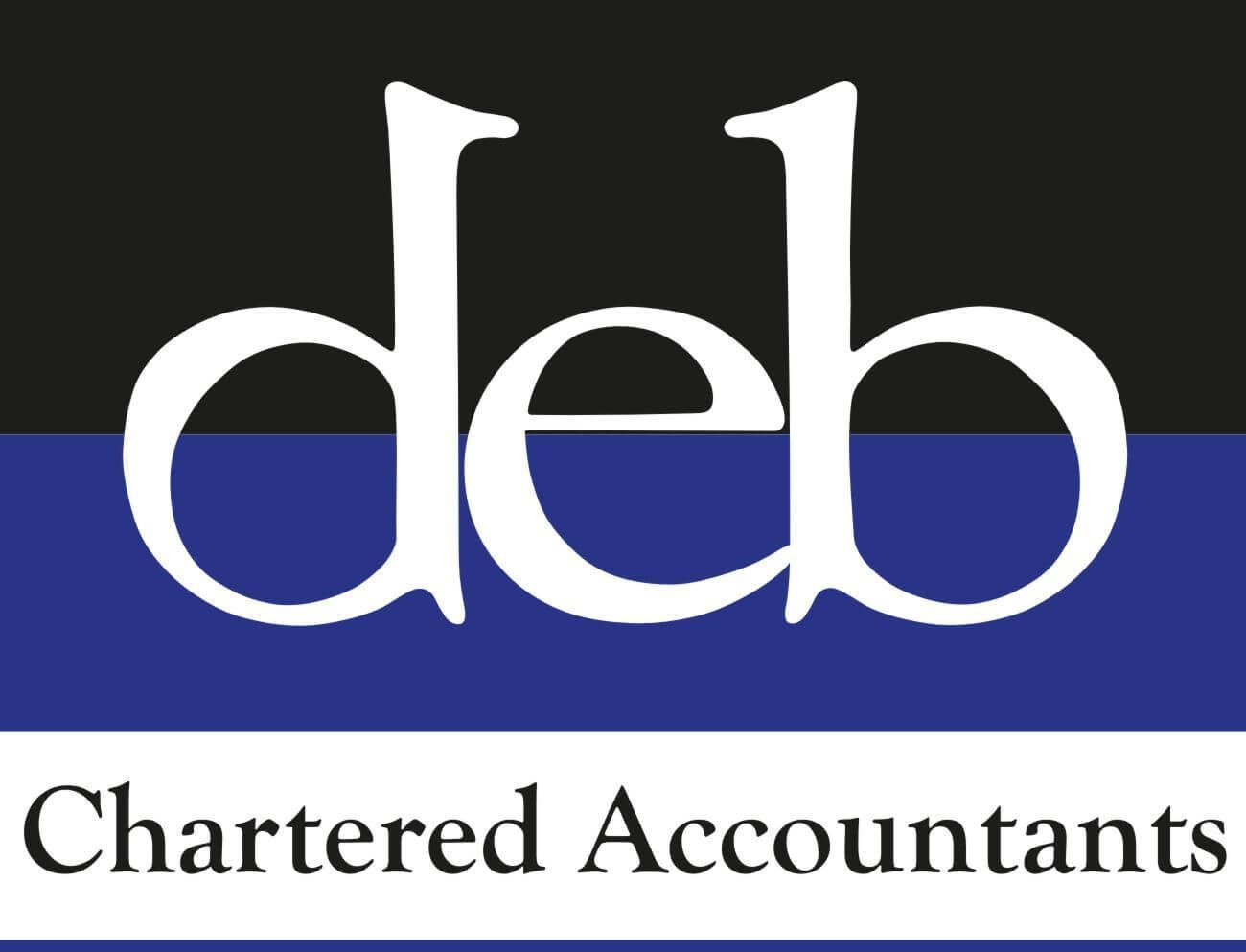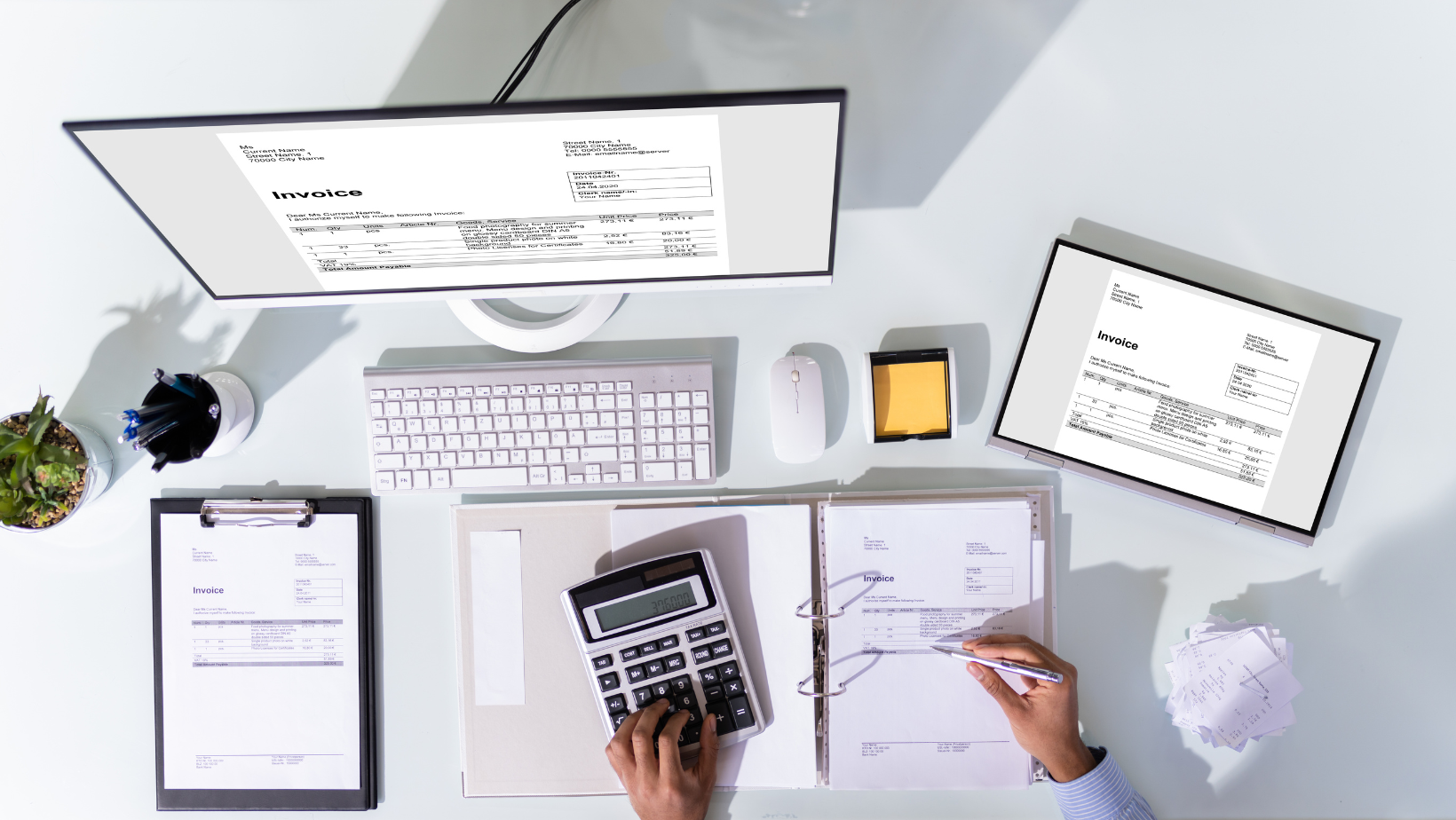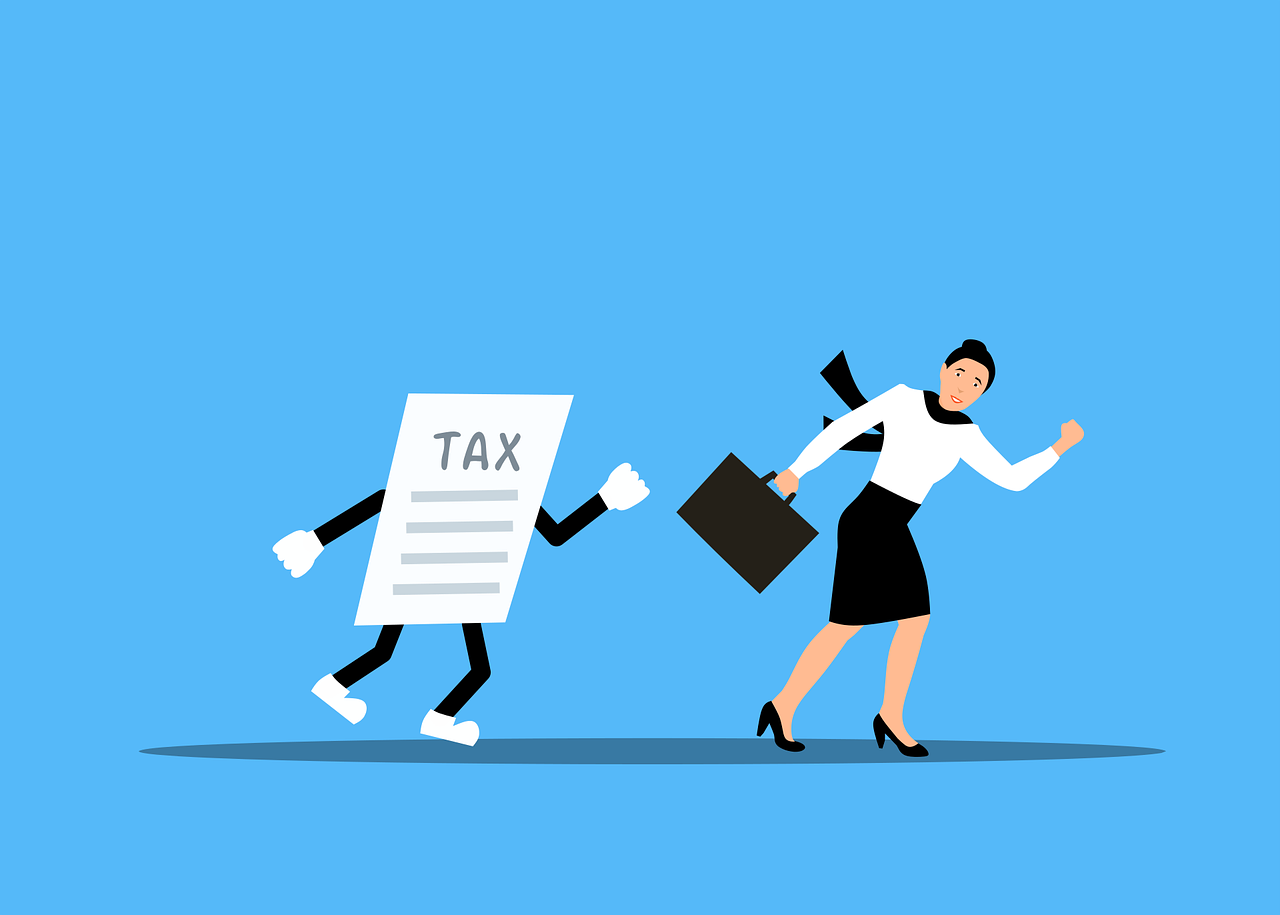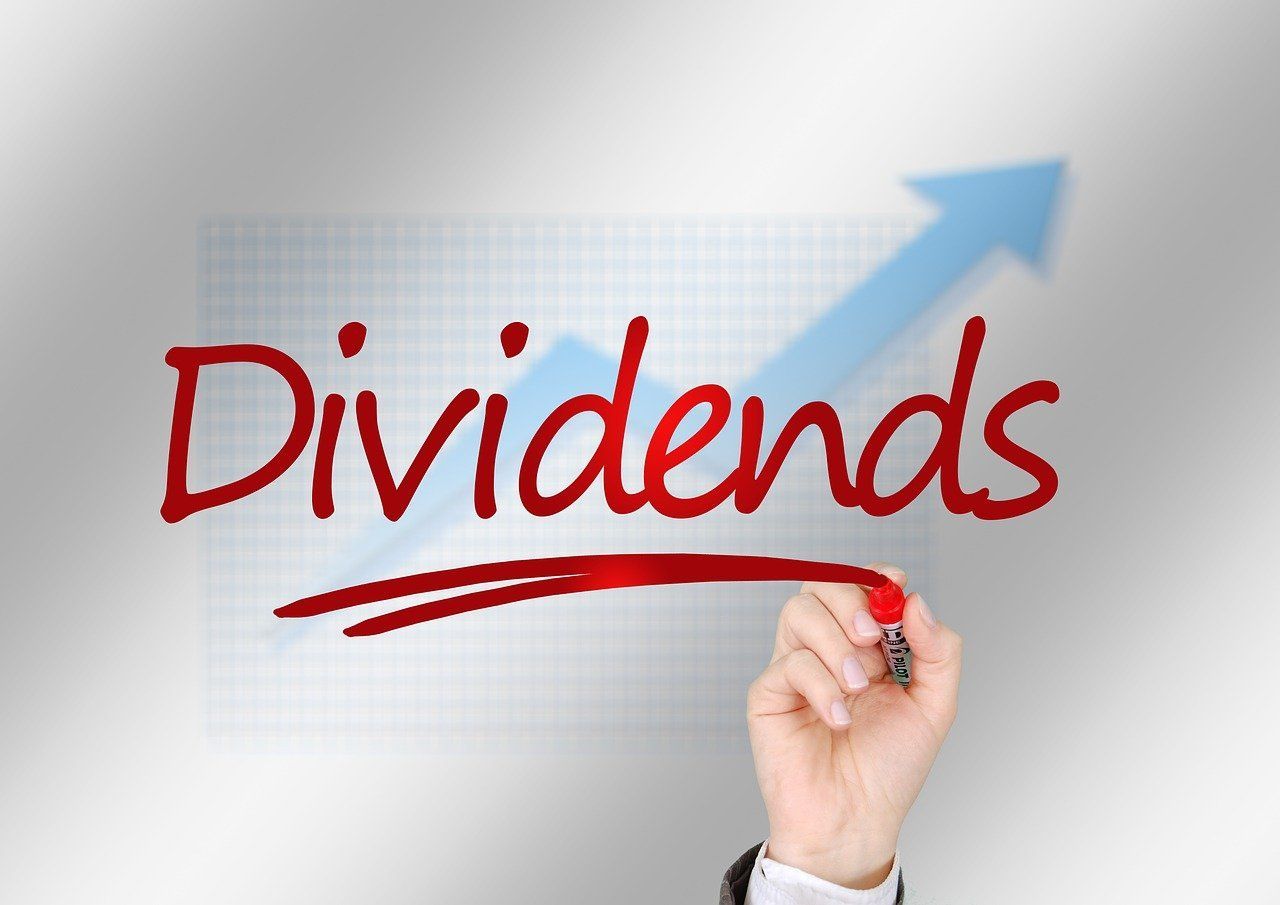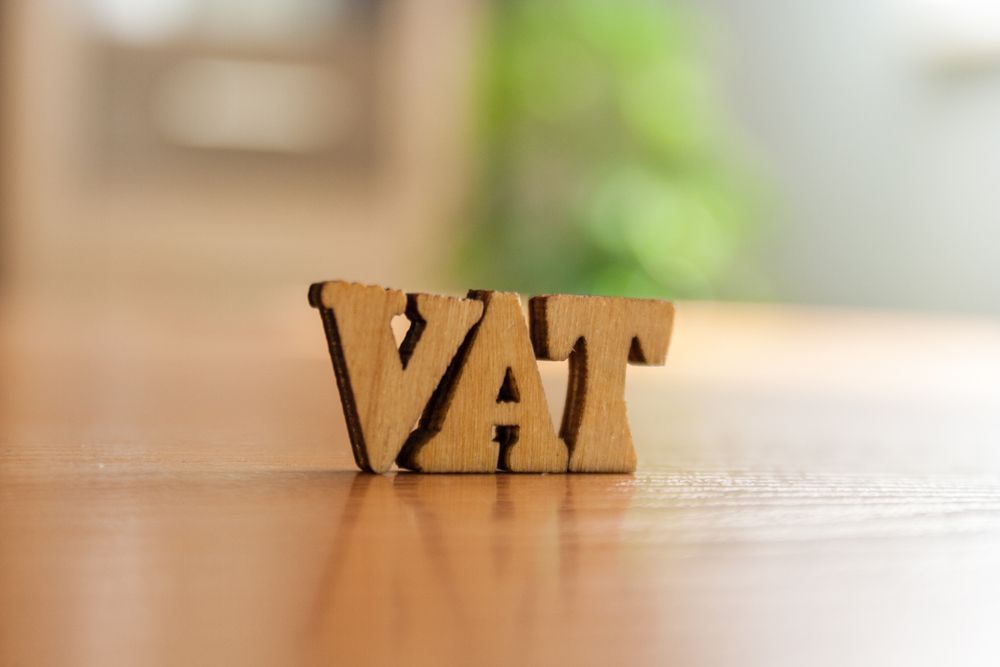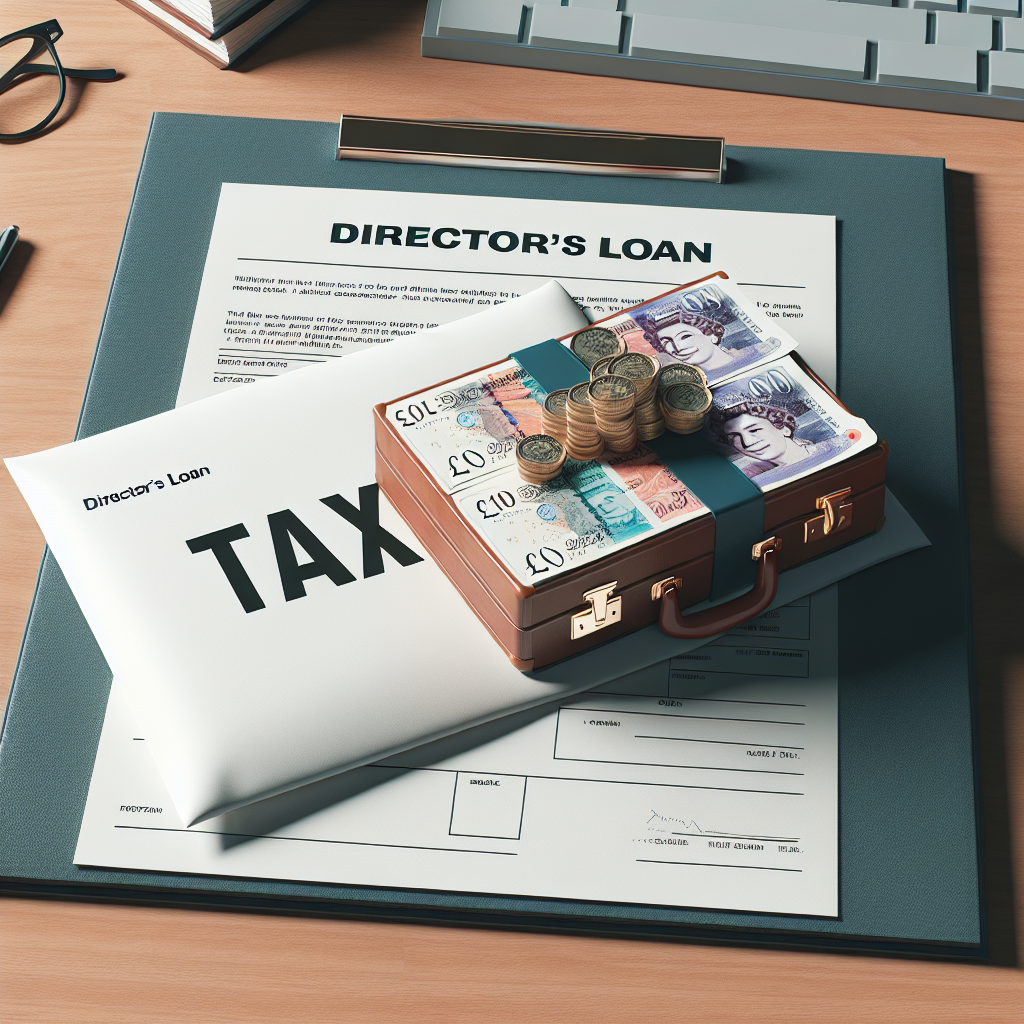Tax Rules for Children’s Income and Savings: Key Points for Parents
Understanding Tax Rules for Children’s Income and Savings

Children can earn income, whether from savings accounts or jobs like paper routes. Similar to adults, children have personal allowances, as well as savings and dividend allowances. However, anti-avoidance rules prevent parents from using their children’s allowances to reduce their own tax liability.
Earned Income:
Children’s earned income follows the same tax rules as adults. They have their own personal allowance, making income within that threshold tax-free. For instance, a child who earns money from selling items online will benefit from the £1,000 trading allowance. However, children under 16 are exempt from National Insurance contributions.
Savings Income:
Generally, children don’t pay tax on their savings income unless it’s substantial. Their savings are tax-free if sheltered by their personal allowance, savings allowance, and, where applicable, the savings starting rate band.
An important exception arises if a child earns over £100 in interest from money given by a parent. For example, at a 5% interest rate, this would occur if the parent gave the child more than £2,000. In such cases, the interest is taxed as the parent’s income at their marginal rate. This rule doesn’t apply to gifts from grandparents or other relatives.
Example:
Emily is 12. Her father, David, receives an inheritance and deposits £10,000 into an account for Emily. The account earns 5% interest per year, resulting in £500 annually. Since the interest surpasses £100, it is taxed as David’s income. If David's personal and savings allowances are already used up, he will be taxed at his marginal rate.
Similarly, Jake, who is 12, receives £10,000 from his grandmother after she sells her property. Jake earns £500 in interest annually, but this amount is treated as his income and is tax-free because it falls within his personal savings allowance.
To avoid this tax complication for parents, it's wise to consider investing in a Junior ISA. Parents or guardians can open a Junior ISA for their child, where the money belongs to the child. There are two types of Junior ISAs: cash ISAs and stocks and shares ISAs. A child can have one of each, and the maximum contribution limit for the year 2024/25 is £9,000. Any income earned within a Junior ISA, including dividends, is tax-free.
If you need any help or advice relating to your Children’s Income and Savings, please contact us on
01226 245824. Or email
davideb@deb-accountants.co.uk.


